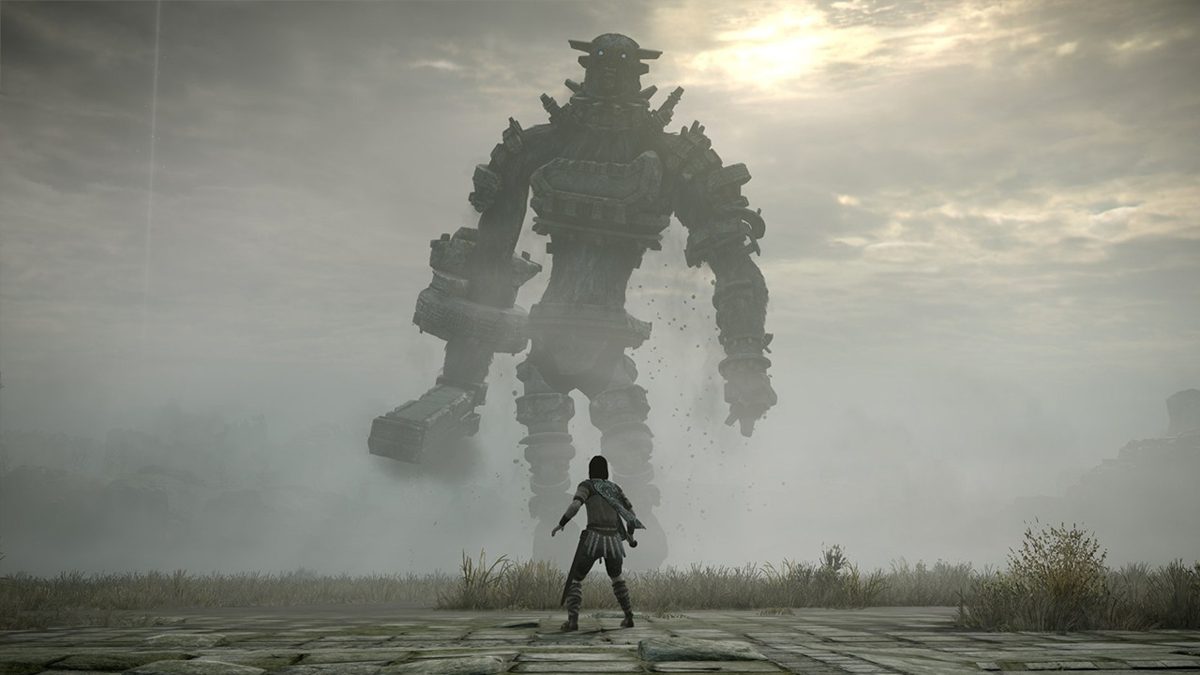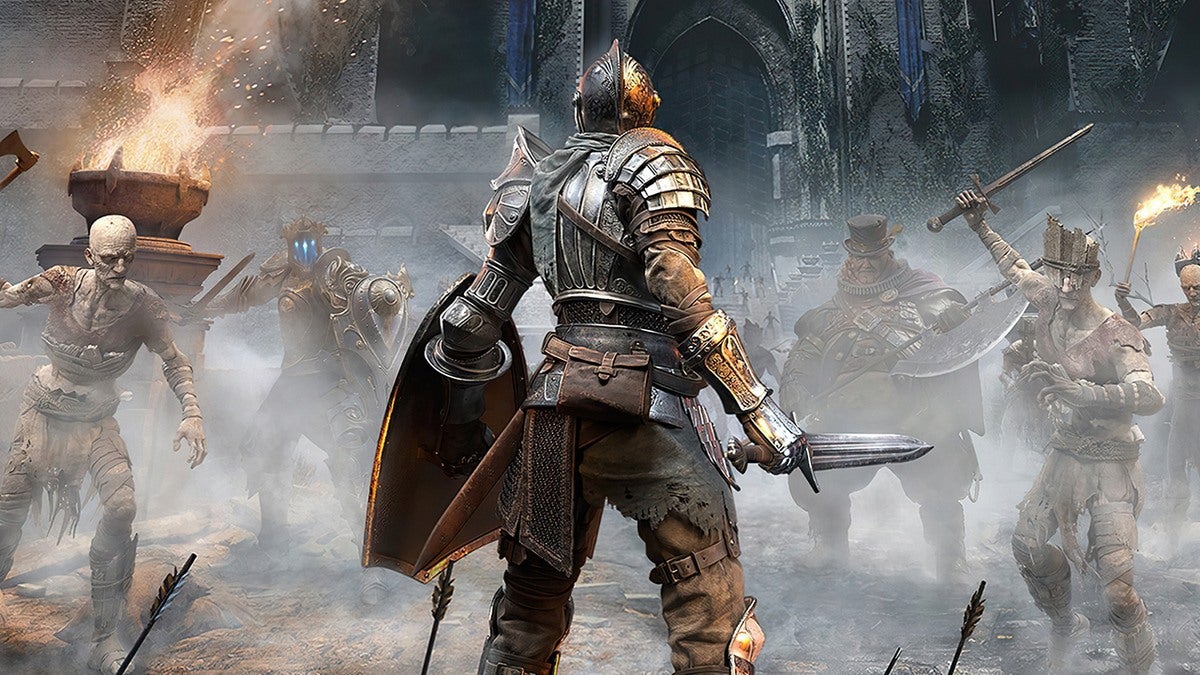Ahh, video game remakes. We live in an era where they feel inevitable. To many players, nothing lasts forever, and as time passes, what was once seen as revolutionary becomes lost when other games come along and refine what the originals innovated. As such, perhaps the best way to counter that is to take an old game and remake it with modern sensibilities so that a new generation can appreciate it as much as older players do.
There are plenty of remakes to look forward to in the future: Resident Evil 4 will receive a new version that should fix the original’s dated tank controls, and Dead Space will be introduced to a legion of players who never experienced the game in the first place. Sony, on the other hand, doesn’t seem to understand the kinds of games that deserve remakes.
Generally, there are three good reasons to remake a game: to fix inherent problems that have come with age, to improve on a game that may not have been great in the first place and help it reach its potential, or to re-introduce a forgotten title/franchise to a new audience. In Sony’s case, though, none of these appear to be happening with their set of remakes.
And this is not meant to talk down to Sony’s quality of games; the PlayStation 5 has been home to some must-play exclusive titles like Ratchet & Clank: Rift Apart, Horizon Forbidden West and Spider-Man: Miles Morales. This is also not meant to talk down to the quality of Sony’s remakes, as they have all been pretty successful thus far. But the important point is, it seems that Sony’s remakes are starting to feel successively less necessary as more get announced.

Sony’s journey into the world of remakes kicked off somewhat innocuously in 2018 when the publisher released a remake of Shadow of the Colossus. Handled by Bluepoint Games (who has been a de facto remake/remaster company for years), this took Team Ico’s 2005 PlayStation 2 title and fully rebuilt it from the ground up for PlayStation 4.
It was a rousing success, but at the time, a few small questions were raised about its necessity. After all, Bluepoint Games had just released a remaster on the PlayStation 3 back in 2011. Even if the PlayStation 4 wasn’t backward-compatible with PlayStation 3 games, did Sony and Bluepoint Games waste resources on doing a full remake when they could’ve worked to port the PlayStation 3 remaster to the PlayStation 4?
In this game’s case, though, a full remake didn’t seem as bad. Beyond the fact that Shadow of the Colossus wasn’t compatible with the PlayStation 4 in the first place, the original game’s cult status meant that it could be a good title to re-introduce to players. Plus, the two-generation jump between consoles had the potential to turn this into a new definitive version.
And it did: Shadow of the Colossus was received very positively upon release, to the point of even exceeding the original version. Thus, talks of its necessity subsided, and Sony seemed ready to roll with even more excellent remakes of forgotten games.

In 2020, Sony launched the PlayStation 5 with a remake of Demon’s Souls. The 2009 original, developed by FromSoftware for the PlayStation 3, became a bit lost in the company’s pantheon of game releases once the Dark Souls franchise came along. Furthermore, with the Dark Souls titles being re-issued on eighth-generation platforms, Demon’s Souls never received the same treatment and was always locked on the PlayStation 3.
This was very easily the most necessary remake that Sony’s published in the last few years: the original game was an influential marvel that introduced many conventions that the Souls-like genre would adapt, but was entirely incompatible with the PlayStation 4 thanks to a lack of backward compatibility. Bringing this back would be a good way to re-introduce it to players, fix any dated elements and also allow gamers to appreciate what it brought to the genre before FromSoftware’s modern titles.
It proved to be a technological marvel on the PlayStation 5, and easily one of the system’s most essential games, launch or otherwise. It was a massive improvement that served as a fantastic critical and commercial success, and it played a huge part in Sony’s acquisition of Bluepoint Games in 2021. But just when you thought Sony was in a groove where it can do no wrong, one thing had to come and shoot that notion in the foot.
